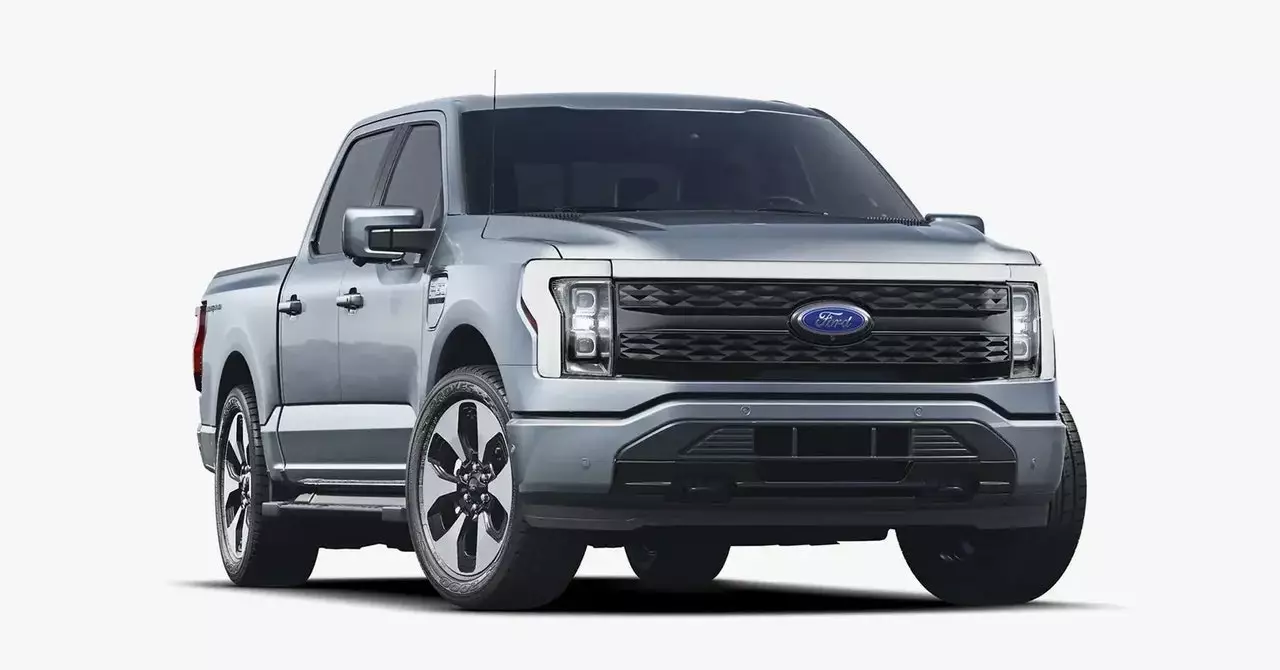The electric vehicle (EV) market is facing challenges that are causing concern among both early adopters and automakers. One significant issue is the high depreciation rate of some EVs, with rates reaching up to 50% in the first year of ownership. This steep depreciation can deter potential buyers and impact the overall profitability of automakers.
Automakers like Ford are feeling the pressure to adapt to the changing landscape of the EV market. In a recent press release, Ford announced its plans to broaden choices for customers and adjust its rollout of pure electric vehicles to ensure a capital-efficient and profitable electric vehicle business. By eliminating certain models, such as a three-row SUV, and delaying the release of a next-generation pickup, Ford aims to mitigate losses resulting from ambitious EV plans.
Ford’s CEO emphasized the importance of understanding customer needs and transitioning to electric vehicles over time. The company is committed to providing customers with a range of electrification options, including full battery electric vehicles and hybrid technologies. Ford also announced that it would not launch any EVs unless they can turn a profit within 12 months, highlighting the company’s focus on financial sustainability.
The increasing number of electric vehicle choices entering the market and rising compliance requirements are creating pricing pressures for automakers. In response to these challenges, Ford is adjusting its vehicle roadmap to offer lower prices and longer ranges for customers. The company is also focusing on cost-cutting measures and delaying the release of certain electric vehicle models, such as the T3 electric truck, to ensure profitability.
Despite the challenges faced by the industry, Ford is committed to expanding its presence in the electric vehicle market. The company plans to introduce multiple electric vehicles in Europe this year, including the EU-only Ford Explorer EV and the Capri. Additionally, Ford is developing new hybrid technologies and exploring other powertrain options to meet customer demand.
Ford’s CEO emphasized the company’s commitment to remaking Ford into a high-growth, high-margin, and efficient business. While continuing to offer gas and diesel vehicles to meet customer demand, Ford is focused on positioning itself as a leader in the electric vehicle market. The company recognizes the need for EVs to be profitable and is willing to make tough decisions to ensure long-term success.
The electric vehicle market is experiencing significant changes and challenges that are shaping the strategies of automakers like Ford. By focusing on customer needs, profitability, and sustainable growth, companies can navigate the complexities of the EV market and position themselves for success in the future.

